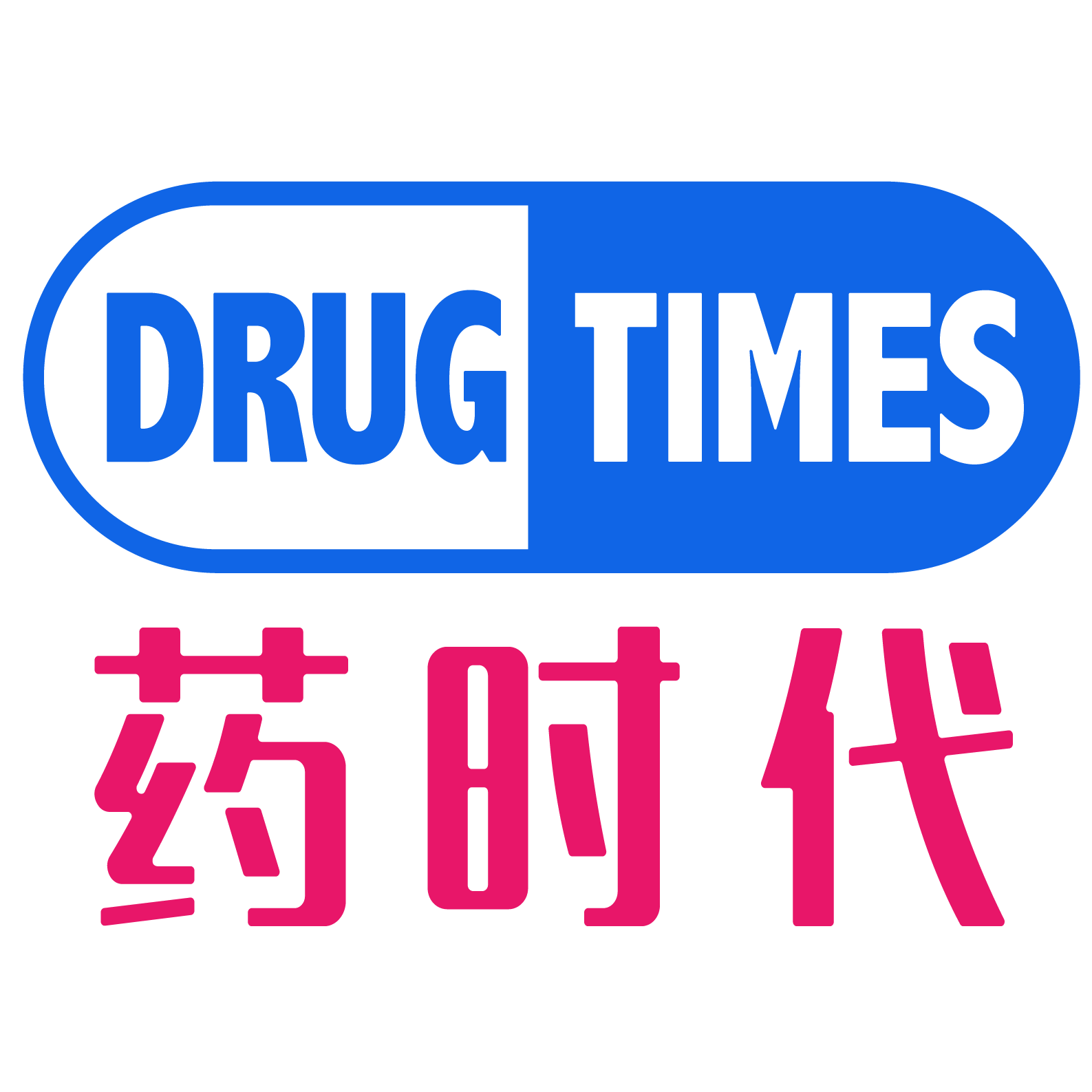
Project ID: BP-20240430-L-EE-81
About IBD
Inflammatory bowel disease (IBD) is a group of chronic inflammatory conditions affecting the gastrointestinal tract. The two main types of IBD are Crohn’s disease (CD) and ulcerative colitis (UC).
Crohn’s disease can affect any part of the gastrointestinal tract from the mouth to the anus, but it most commonly affects the end of the small intestine (ileum). It causes inflammation that can lead to sores or ulcers in the lining of the digestive tract.
Ulcerative colitis, on the other hand, is limited to the colon (large intestine) and rectum. It causes inflammation and ulcers in the lining of the colon and rectum, which can lead to symptoms such as diarrhea, abdominal pain, and rectal bleeding.
Symptoms of IBD can vary widely and may include abdominal pain, diarrhea, rectal bleeding, weight loss, and fatigue. The exact cause of IBD is not fully understood, but it is believed to involve a combination of genetic, environmental, and immune system factors.
Treatment for IBD typically involves a combination of medications to reduce inflammation, manage symptoms, and prevent complications. In some cases, surgery may be necessary. Lifestyle changes, such as diet adjustments and stress management, can also play a role in managing the condition.
It’s important to note that IBD is a lifelong condition, and while it can be managed, there is currently no cure. People with IBD often require ongoing medical care and monitoring to maintain their health and quality of life.
IBD affects millions of people worldwide, with the highest prevalence in North America and Europe. The number of IBD patients is estimated to be around 1.4 million in the United States alone and approximately 2.2 million in Europe. The global market for IBD treatments is substantial, with a size that has been growing due to an increasing prevalence of the disease, particularly in developing countries where awareness and diagnosis are improving.
The market size for IBD treatments is significant and projected to continue growing. In 2020, the global IBD market was valued at around $5.5 billion and is expected to expand at a compound annual growth rate (CAGR) of over 5% during the forecast period, driven by factors such as an aging population, rising incidence rates, and the launch of novel therapies.
In terms of drug development, there has been considerable progress in recent years. Researchers are exploring various approaches, including biologics that target specific immune system components, small molecule drugs, and gene therapies. Some of the recent advancements include:
1. Biologics: The development of biologic drugs, such as monoclonal antibodies, has been a significant advancement in IBD treatment. These drugs can target specific proteins involved in the inflammatory process, such as tumor necrosis factor (TNF) inhibitors.
2. Janus Kinase (JAK) Inhibitors: These are a newer class of drugs that have shown promise in treating IBD by inhibiting the JAK signaling pathway, which is involved in immune responses.
3. Stem Cell Therapy: There is ongoing research into the use of stem cells for regenerative medicine approaches to treat IBD, aiming to repair the damaged intestinal lining.
4. Gene Therapies: While still in early stages, gene therapies are being investigated to correct genetic defects that may contribute to IBD.
5. Personalized Medicine: Advances in genomics are leading to a better understanding of the genetic factors that contribute to IBD, allowing for more personalized treatment approaches.
6. Nutritional Therapies: There is also a growing interest in the role of diet and nutrition in managing IBD, with some treatments focusing on specific dietary interventions.
It’s important to note that while there have been significant strides in IBD treatment, there is still a need for more effective therapies with fewer side effects, particularly for patients who do not respond to current treatments. Ongoing research and clinical trials are crucial for the development of new and improved treatments for IBD patients.
Request from MNC
Molecular Entities: Large Molecules, Small Molecules, RNA, In Vivo Cell Therapy
Current Stage: Preclinical, Phase I Clinical
Interest in Rights: Global Rights
Collaboration Model: License
How to Contact
If interested, please send an email message to BD@drugtimes.cn, and indicate the project ID in the subject line.
发布者:DrugTimes001,转载请首先联系contact@drugtimes.cn获得授权

 为好文打赏 支持药时代 共创新未来!
为好文打赏 支持药时代 共创新未来! 